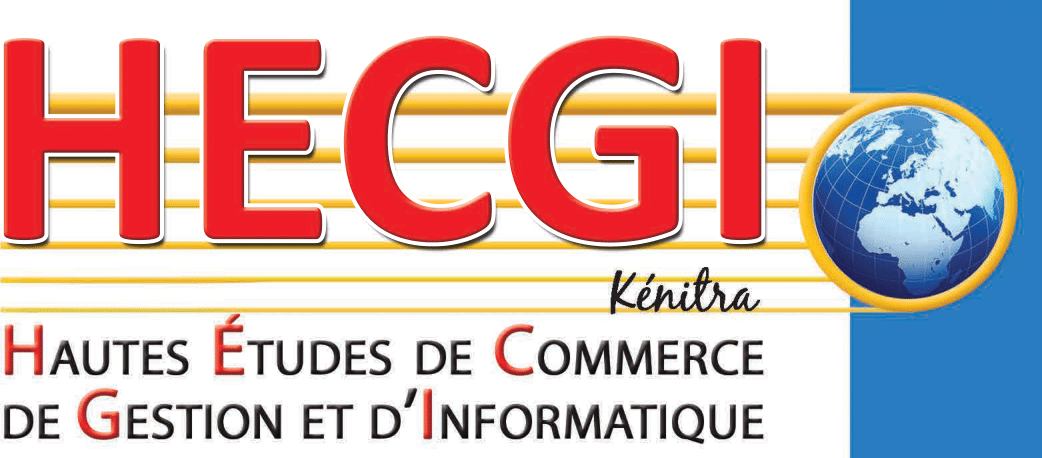Microfinance is a type of fund that may be provided to small businesses and entrepreneurs who don’t have entry to traditional financial resources. This includes financial loans, credit, entry to saving accounts, insurance policies and cash transfers.
Tiny finance schools are principal sources of financing for low income people and small enterprises that have no access to traditional banking products and services or have no collateral. These institutions furnish loans and other financing offerings at reasonable rates.
The aim of this study is to know how microfinance and entrepreneurship happen to be linked in Kazakhstan, a nation undergoing changover to some market financial system. We keep pace with shed light on how microfinance forces small business creation and formalisation in a transitional context and explore borrowers’ relationships with MFOs at varied stages on the process.
The study develops on surfacing literature that websites reviews a teleological approach to microfinance (Ault & Spicer, 2014; Chliova, Brinckmann, & Rosenbusch, 2015) and implies a more exploratory inquiry that asks even more open problems about how microfinance relates to entrepreneurial outcomes in transitional contexts. This requires taking the help of methodologies which might be more empirically-informed, attuned for the agency of everyday entrepreneurs plus more contextually-situated.
We all explored borrowers’ relationships with MFOs through a field survey of 86 clients in Almaty and Almatinskaya districts in Kazakhstan, which are associated with both the Foreign MFOs that focus on group lending and MFOs offering individual loans to clients. The study also examined the relationship among borrowers and the MFOs, that was influenced by a choice of factors which include their track record characteristics, enterprise characteristics and habits of microfinance use.


